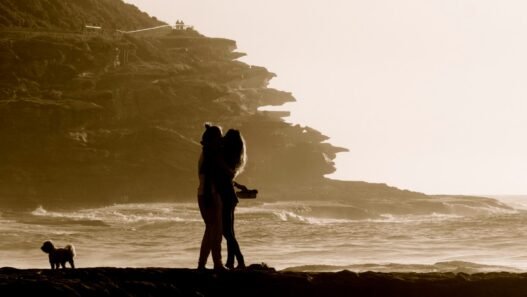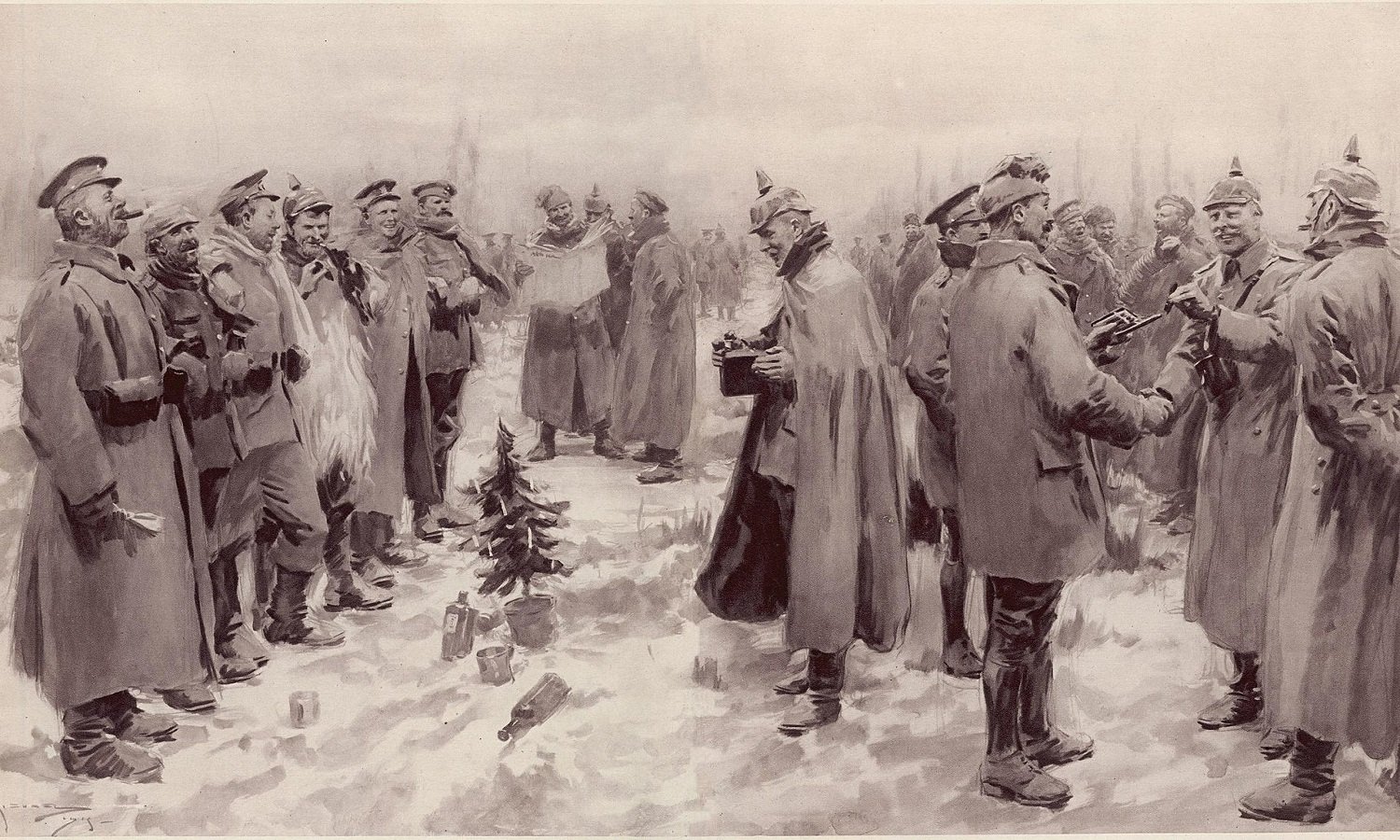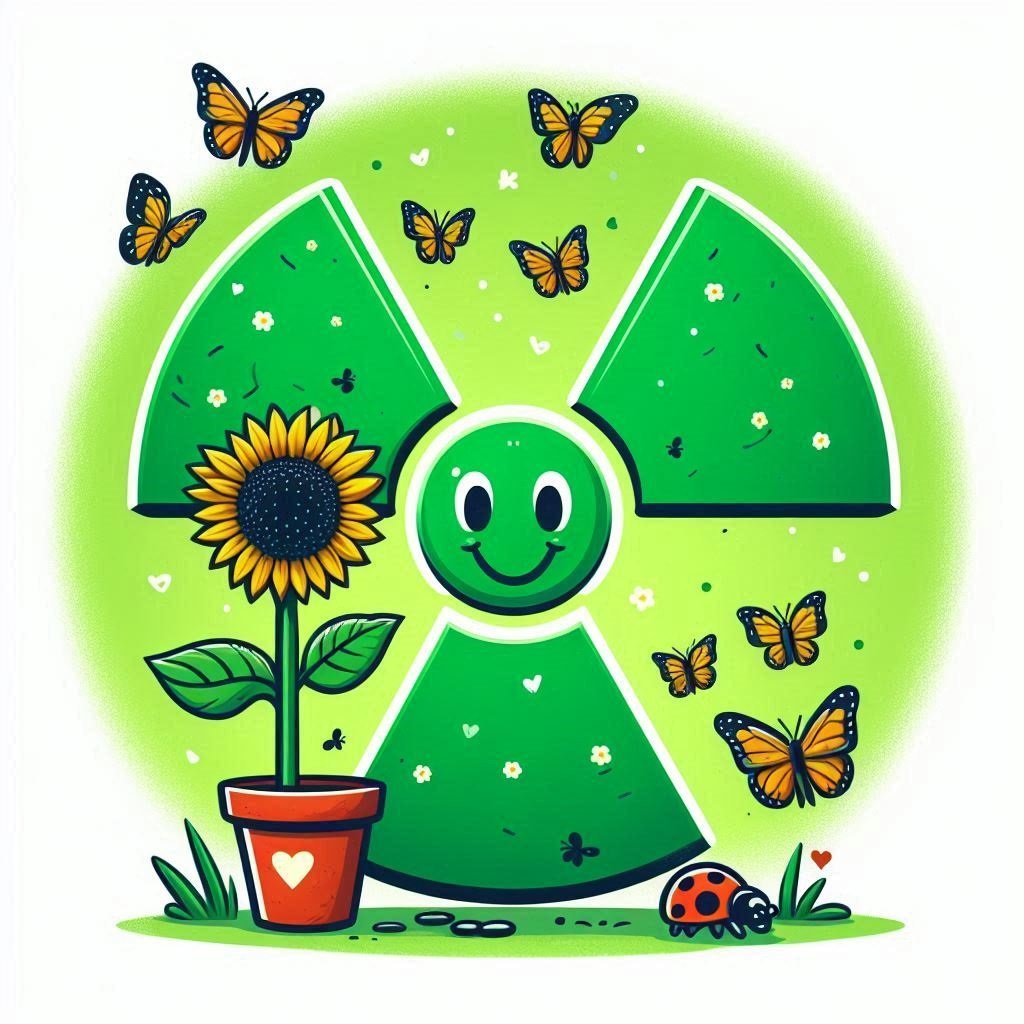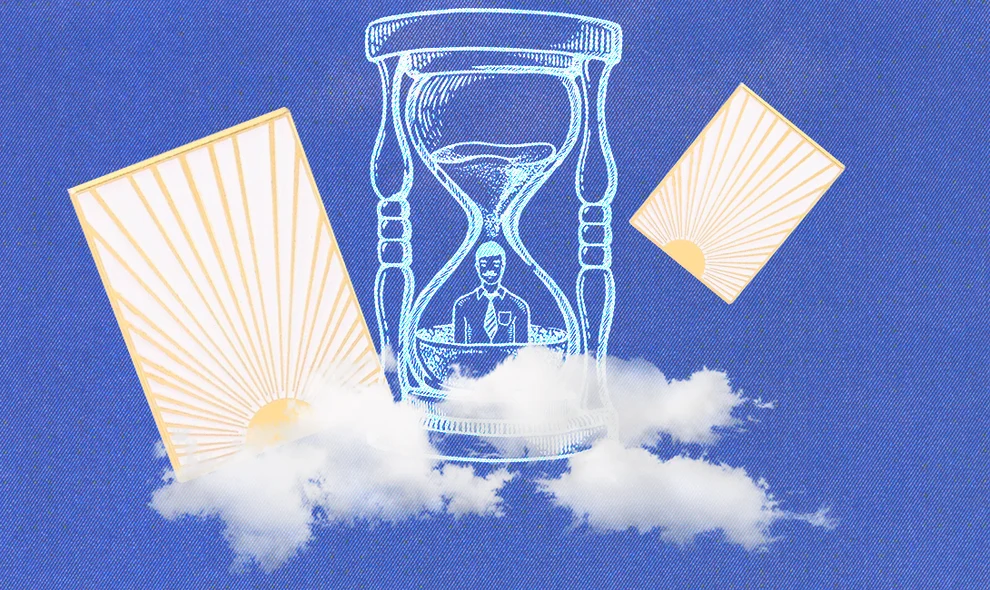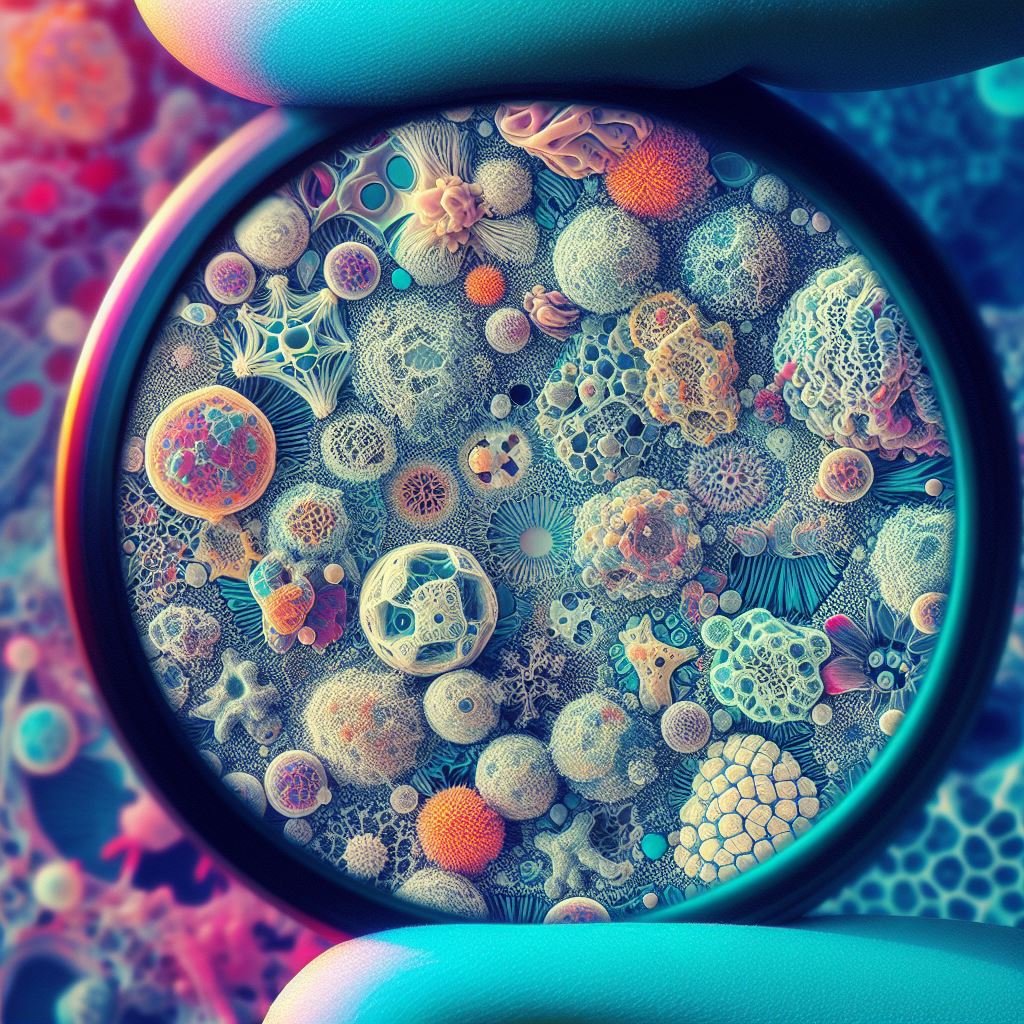There won’t be anything too complicated here; rather, this is a collection of information that, while useless, is quite fascinating. Perhaps some of it will help you maintain a casual conversation.
1. People feel unbearably hot before dying from the cold
This doesn’t happen always, but it isn’t rare either. You might have seen this in documentaries or read about it in articles. People who have died from hypothermia are found in their underwear or completely naked, with their clothes lying nearby, right on the snow. The fact is, in the final moments, the body can sharply increase its temperature to survive. The heat surges become too strong and uncontrollable, causing some to take off their clothes.
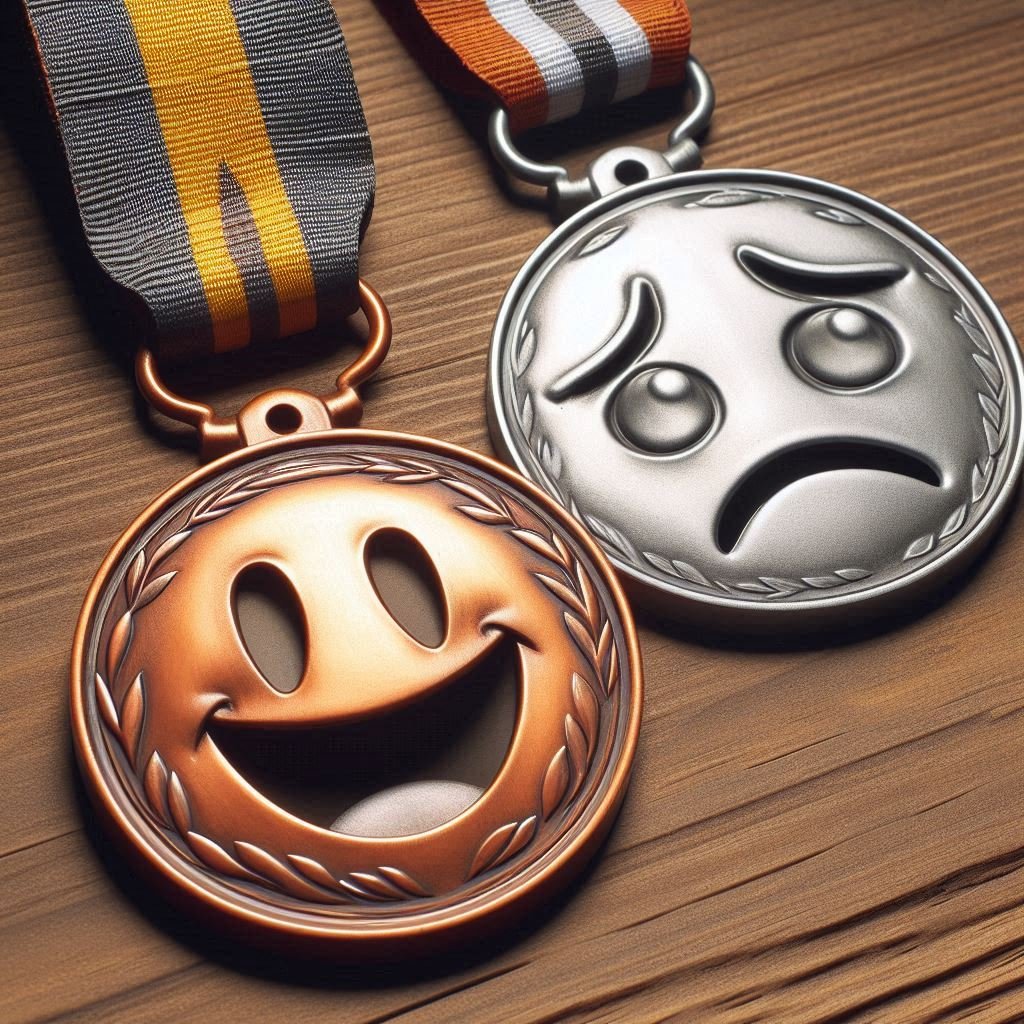
2. A bronze medal is better than a silver one
Of course, this is subjective, as third place is lower than second. On the other hand, studies and surveys show that silver medalists often feel disappointment instead of joy because they were so close to the top. Meanwhile, bronze medalists feel satisfied being on the podium. For them, missing out on a medal was closer than the coveted gold.
3. The Aztecs could have studied at Oxford
This might sound surprising, but the Aztec Empire only formed in the early 1300s AD. The University of Oxford has existed since around 1096 AD. Therefore, it’s possible that the Aztecs could have received an education at this university. However, this is purely theoretical, as it took Europeans a few more centuries to determine whether Native Americans were fully human.
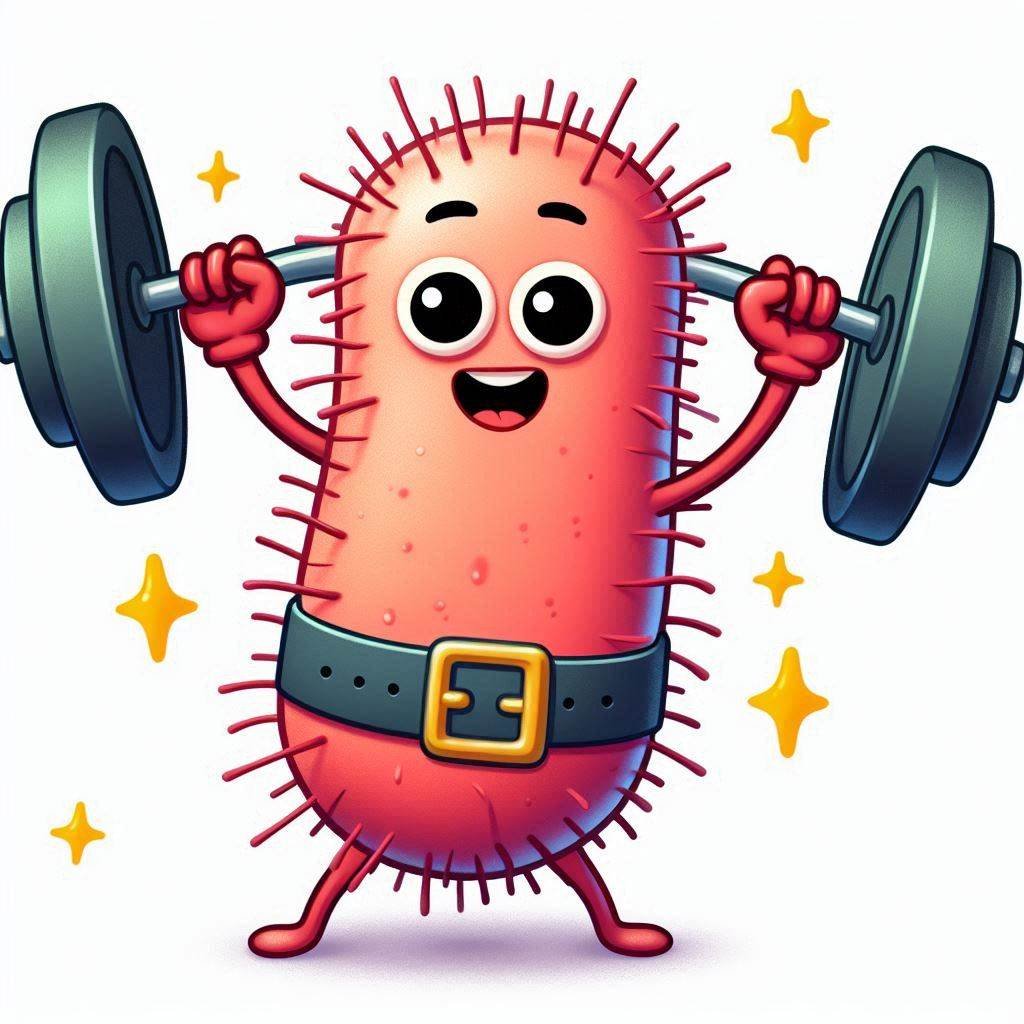
4. Bacteria are very heavy
You can’t see bacteria with the naked eye, but they exist and are everywhere. That’s a fact. If you consider the total weight of all living organisms on Earth, bacteria make up 13% of this mass. In comparison, the human mass is less than 2% of the total. Nevertheless, plants remain far ahead, encompassing 80% of this mass.
5. Australia wouldn’t fit on the Moon
The maximum width of the continent, meaning the two most distant points, is almost 4,000 kilometers apart. The diameter of the Moon is only 3,475 kilometers, so fitting Australia on the Moon would require bending it a bit or breaking off a piece.
6. The lighter was invented before the match
John Walker, an English pharmacist from Stockton-on-Tees, wanted to invent a flammable material for hunting charges. As a result, he invented matches in 1826. The first gas lighter, known as “Döbereiner’s lamp,” appeared in 1823.
7. A quarter of your bones are in your legs
Moreover, roughly another quarter is in your arms. Therefore, nearly half of all the bones in the human body are located in our four limbs. This might be why we can manipulate them so skillfully, run quickly, jump adeptly, punch hard, or type on a keyboard.
8. Earth’s water is older than the Sun
According to scientific research, at least some of the water on our planet appeared as a result of a powerful gas ejection that created the Sun. This happened before the star formed, meaning that technically this water is older. Other portions of the water were brought to Earth by comets.
9. Summer is hot not because the Earth is closer to the Sun
In fact, it’s the opposite: in July, our planet is at its farthest distance from the Sun. Conversely, during winter, we are closer. It all depends on the tilt of the Earth’s axis. In winter, the northern hemisphere is tilted away from the Sun for a larger part of the day, receiving less heat and light.
10. The world’s largest toy seller
Who comes to mind first? Maybe Mattel, who owns the Barbie brand, or Disney with a huge array of beloved characters? Finally, Lego? No, it’s McDonald’s, thanks to the toys in Happy Meals. This children’s meal package accounts for about 20% of all restaurant sales. Try to estimate the daily number in pieces yourself. It’s a lot, unattainable for the rest, although in terms of toy revenue, Lego is ahead, followed, surprisingly, by Nintendo.
11. Not all countries have capitals
Switzerland doesn’t have an official capital, though you might think of Zurich. De facto, this role is fulfilled by the city of Bern, but it doesn’t have official capital status. The second country without a capital is Nauru, a tiny state located on the eponymous coral island in the Pacific Ocean. The island has only 11,065 inhabitants, and they seem to manage just fine without a capital.
12. Sharks are older than trees
Sharks deserve respect at least for their age; they have been swimming in our oceans and seas for 450 million years. These predators witnessed the formation and breakup of the supercontinent Pangaea. The first true trees appeared between 400 and 350 million years ago. Thus, sharks are much older.
13. There are two Chinas in the world
This fact is highly displeasing to the big red one. Nonetheless, officially, there is no Taiwan; it’s the name of an island. The country is called the Republic of China, and it claims the entire territory of mainland China. Until 1971, representatives from Taiwan occupied China’s seat in the United Nations. Today, there are 13 countries in the world that recognize the sovereignty, and therefore the territorial claims, of Taiwan or the Republic of China.
14. A 40 cm pizza is more than two 20 cm pizzas
Pizzerias often have a trick of selling two small pizzas for the price of one large one or even slightly cheaper. They think: one has a 40 cm diameter, and the other two are 20 cm each, so it’s the same. The thing is, such simple math doesn’t work here; you need to multiply the area by 4, not 2. So always go for the biggest pizza, despite the advertising and persuasion.
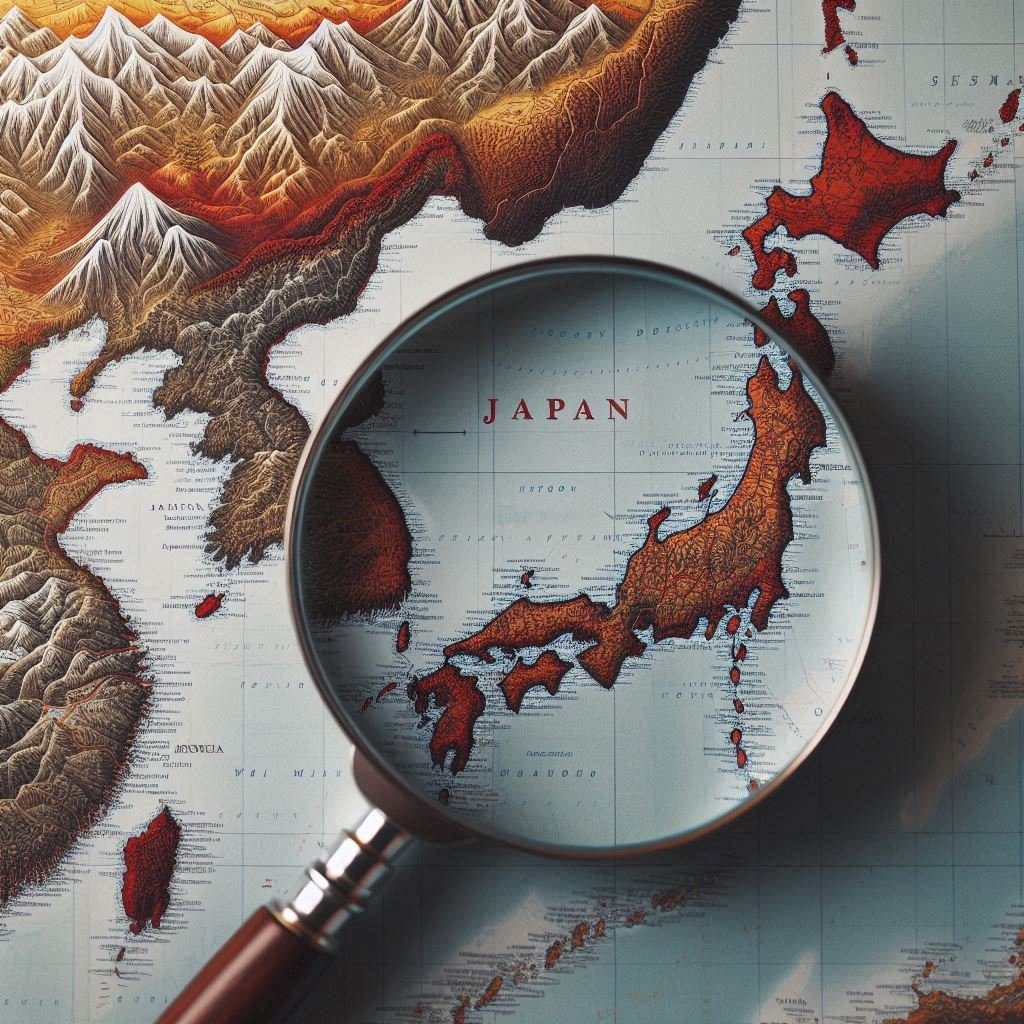
15. Japan is not small
Of course, it depends on what you compare it to, but there is a bias regarding the Land of the Rising Sun. It seems like a small, densely populated island nation where people are running out of space. However, Japan is not that small; its area is 377,973 square kilometers, which is larger than Germany.



